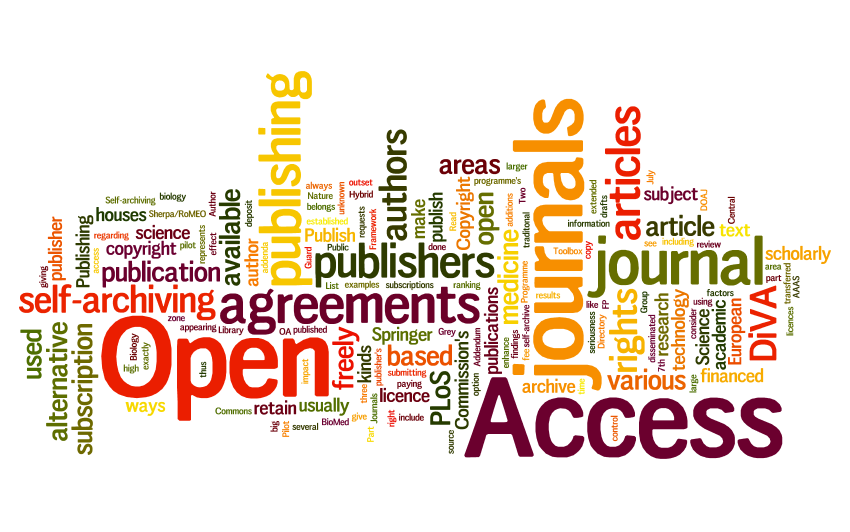Open-Access to Publicly Funded Research
September 20, 2018 | Expert Insights

European countries are proposing a plan to eliminate the monetization of access to publicly funded scientific research by 2020, which will have a significant impact on the business model of scientific publications.
Background
Plan S is a new initiative by 11 European countries to be enacted by 2020, to make publicly funded research more accessible. Once implemented, research sponsored by the country’s national research funding organizations can only be published in open-access journals. After initial implementation, Plan S would also prohibit this type of research from being published in hybrid digital journals that require authors to have a paid subscription to access other research. Additionally, publishers would be prevented from using “embargo periods”, where access to research is delayed. Plan S would also sanction researchers who do not publish their work in open-access journals.
The plan has not yet been completely finalized as the countries involved are evaluating ways to structure the terms of future grants. In addition, the countries that have signed on are seeking wider support from other countries and regions to make their coalition stronger and more impactful.
Analysis
While there has been growth in the number and popularity of open-access journals, researchers still have to use the commercial journals that require a paid subscription. Since they require peer-reviews and promotions that often come from the commercial journals, they do not have an adequate alternative. Taxpayers who require access to commercial journals ultimately pay twice since libraries are the biggest consumers of commercial research. Plan S also ensures that the copyright stays with the author, thus preventing publishers from having ultimate control over the audience.
Open-access advocates are enthusiastic about this proposal, which will allow a greater diffusion of knowledge through society. Plan S finds a discrepancy between the purpose of scientific research and the paid access model, where the latter goes against the former. It aims to rectify this by ensuring that all publicly funded research is available to the taxpayers who helped fund it. Creating a strong framework for open access to research in Europe would allow this model to be replicated in other regions, which will further improve access to research.
The plan was inspired by the Bill and Melinda Gates Foundation, which requires that the research it has funded should be made publicly available immediately. American commercial journals allowed their policies to change in order to offer permanent open access publishing for those researchers. This suggests that Plan S might have a similar effect on European commercial journals and that there is a growing trend towards open access, to which publishers are able and willing to adapt.
Counterpoint
The biggest critics of this proposal are the publishing companies, who stand to lose the most from the implementation of Plan S. Publishers have pointed to the significant costs associated with commercial journals like administration, marketing and peer-reviews, which would be too expensive under the open-access model. In addition, they argue that open-access would hinder academic freedom and be disadvantageous for researchers.
Plan S also intends to cap the fee for open-access journals across Europe, which publishers have claimed will have a detrimental effect on quality and also result in an unsustainable business model. Preventing the publication of publicly funded research in commercial journals would prevent the research from appearing in over 85% of periodicals.
Assessment
Our assessment is that the move towards open-access is beneficial overall. While the publisher’s subscription model will require a complete overhaul if it is to be both relevant and sustainable, we feel that allowing citizens to freely access scientific research that they have helped fund with their taxes will be advantageous. The limits of the existing business model do not need to be a restriction in creating a new one that better serves the people of Europe. We feel that ensuring that people from all facets of society can access scientific research, is valuable.








Comments